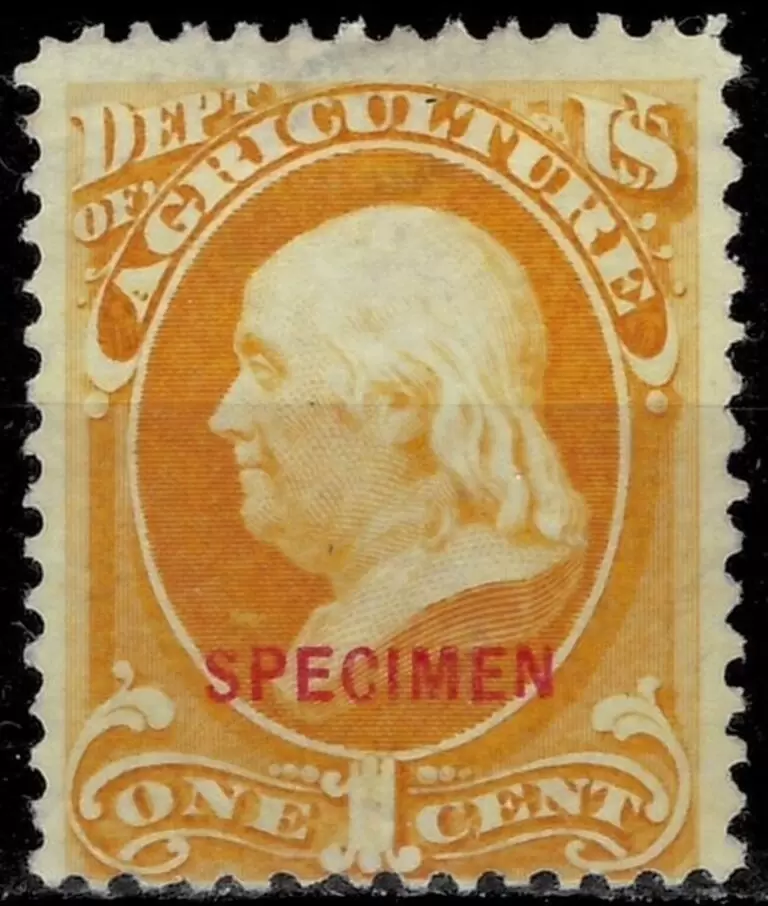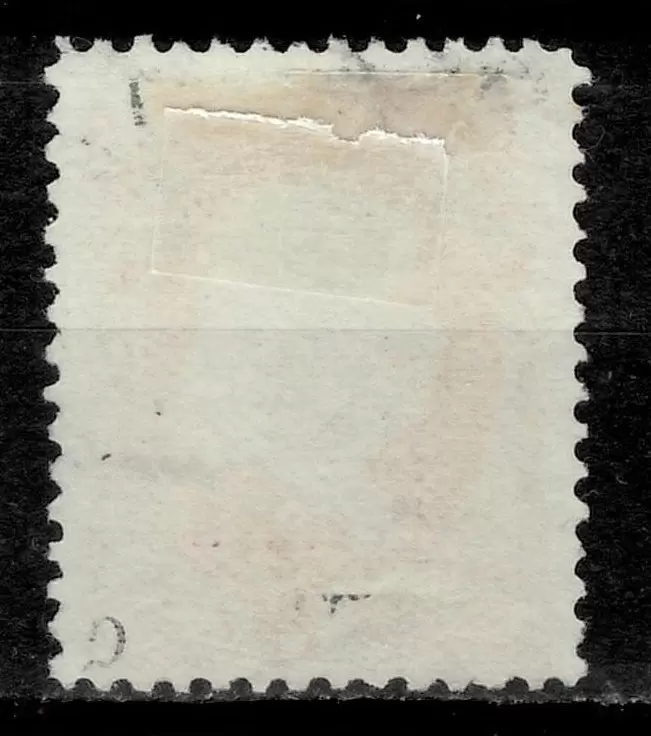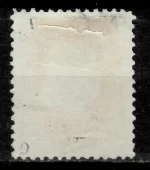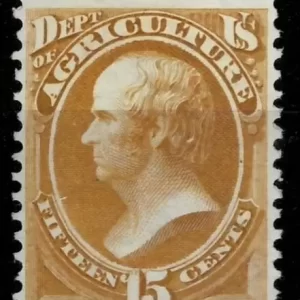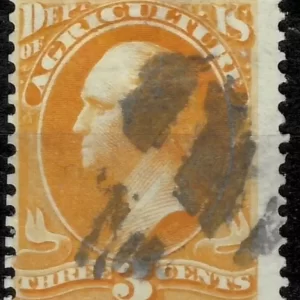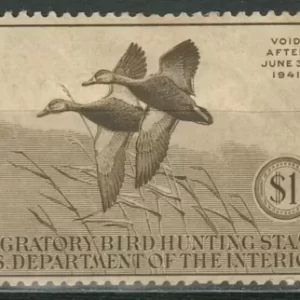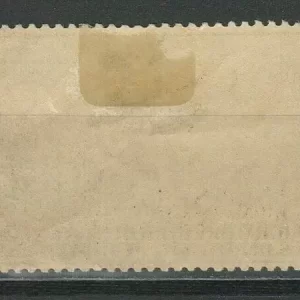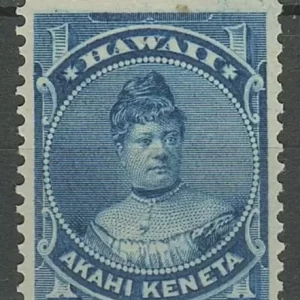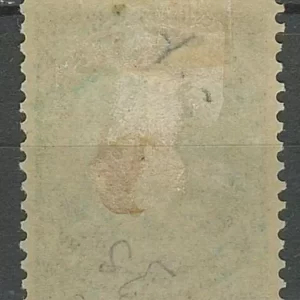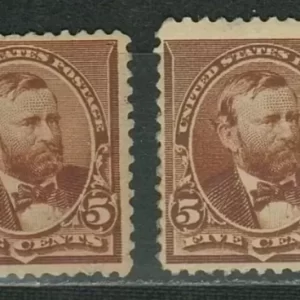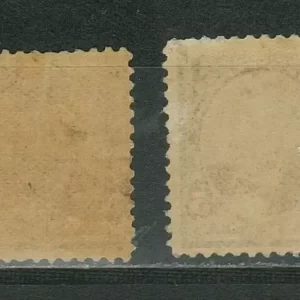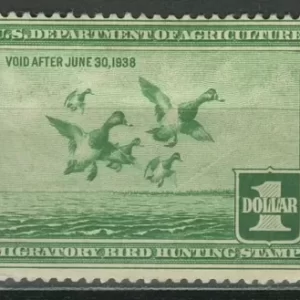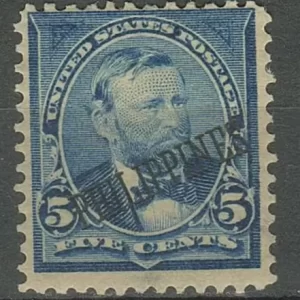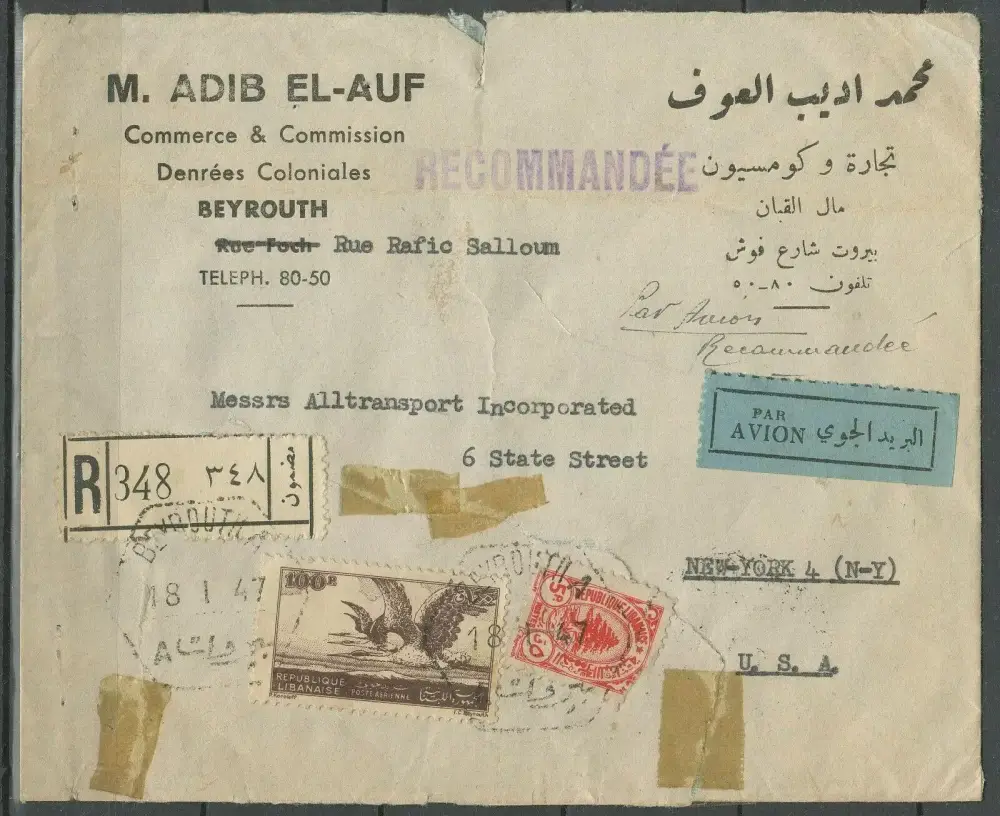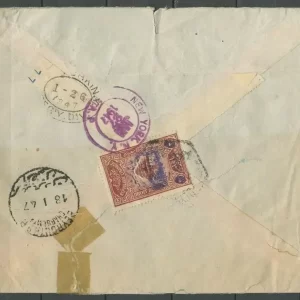United States year 1873 – 1c Franklin, Specimen MNG stamp
Benjamin Franklin (1706–1790) was one of the Founding Fathers of the United States and a polymath whose contributions spanned various fields, including science, politics, diplomacy, and literature. Franklin was born on January 17, 1706, in Boston, Massachusetts. He was the fifteenth of seventeen children in a working-class family. Despite limited formal education, he was an avid reader and taught himself various subjects through voracious reading. Franklin began his career as a printer’s apprentice in Boston. He later moved to Philadelphia, where he established his own printing business. Franklin’s printing endeavors included the publication of the Pennsylvania Gazette and Poor Richard’s Almanack, which became widely popular and brought him financial success. Franklin made significant contributions to the understanding of electricity. He conducted experiments with electricity, famously flying a kite during a thunderstorm to demonstrate the connection between lightning and electricity. His experiments led to the invention of the lightning rod, a device used to protect buildings from lightning strikes. Franklin was also involved in the study of meteorology, ocean currents, and the Gulf Stream. Franklin played a crucial role in the American Revolution and the founding of the United States. He was a leading figure in the Continental Congress and was instrumental in drafting the Declaration of Independence in 1776. Franklin also served as a diplomat, representing American interests in France during the Revolution. His diplomatic efforts helped secure French support for the American cause, which was crucial to the success of the Revolution. Franklin was involved in Pennsylvania politics and played a key role in the drafting of the Pennsylvania Constitution. He also served as postmaster general for the American colonies and helped establish the first public library, fire department, and university in Philadelphia. Franklin was an early advocate for the abolition of slavery and served as president of the Pennsylvania Society for Promoting the Abolition of Slavery. He was also involved in various philanthropic endeavors, including the establishment of the first public hospital and the founding of the American Philosophical Society.
Benjamin Franklin’s legacy as a founding father, scientist, inventor, diplomat, and statesman continues to be celebrated and remembered for his numerous contributions to American society and culture.

